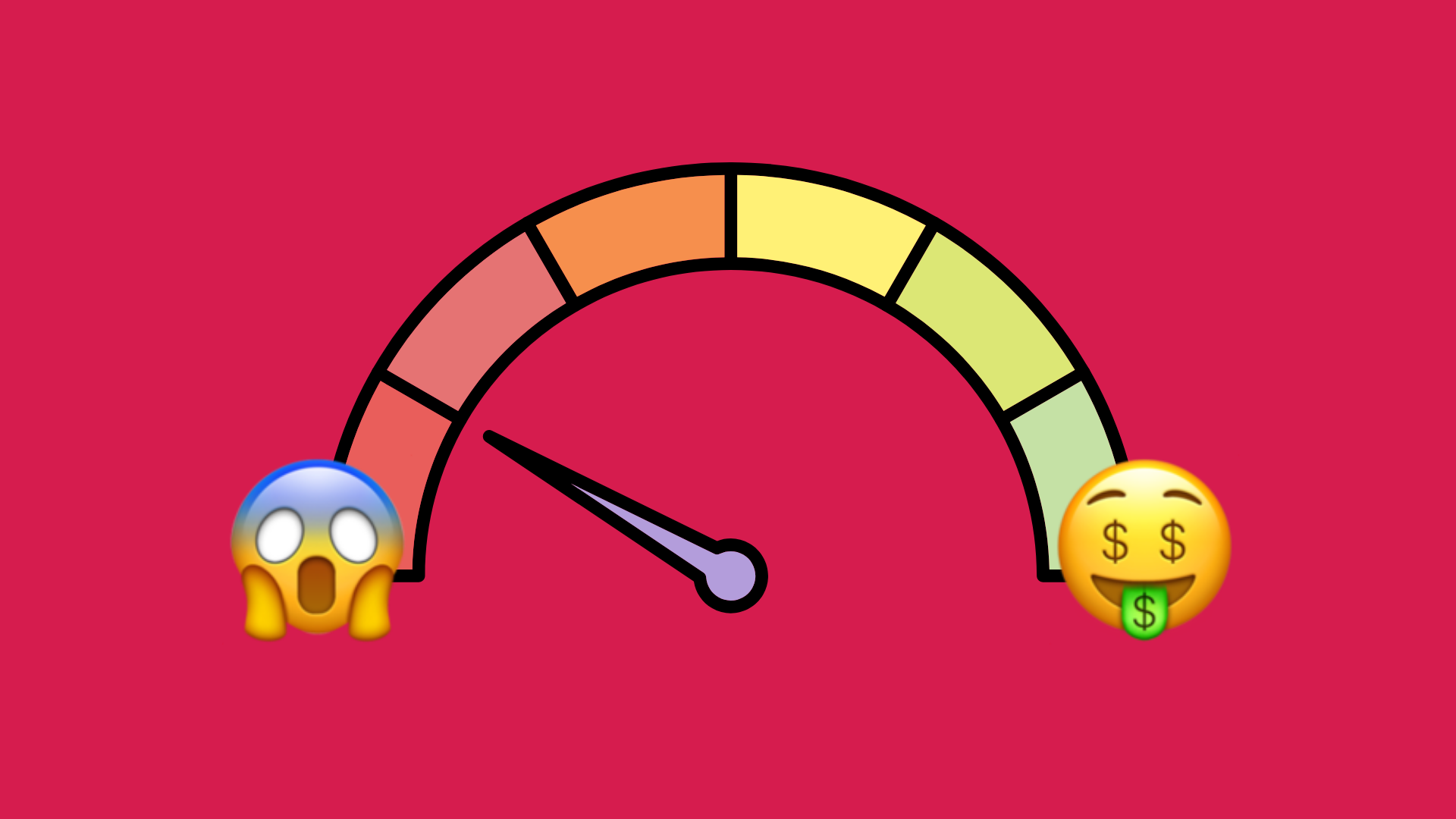
The period between January 2020 and July 2021 has been a tumultuous ride for even seasoned crypto investors. At the start of 2020, cautious optimism filled the air as cryptocurrencies showed signs of slow recovery. However, the outbreak of COVID-19 and subsequent lockdowns took a toll on the market, causing Bitcoin’s value to plummet by over half in just days. Despite the setback, the crypto markets bounced back impressively fueled by increased institutional adoption, government stimulus, and a growing money supply, resulting in new all-time highs.
Yet, challenges emerged with a crypto crackdown in China and waning interest from both retail and institutional investors. As a consequence, a significant Bitcoin crash wiped nearly $1 trillion from the crypto markets starting in mid-May 2021. The extreme volatility of cryptocurrencies has once again raised the timeless question, “Should I buy cryptocurrency?” as investors grapple with the uncertainty and fluctuations in the digital asset market. Let’s figure it out together with Bitcoin Additional
Motivation For Investing in Cryptocurrencies
Investing in cryptocurrencies offers compelling reasons, the foremost being their potential as a long-term store of value. Unlike fiat money, which can suffer from uncontrollable inflation and loss of purchasing power, most cryptocurrencies have finite supplies governed by mathematical algorithms. The cryptographic nature of these digital assets ensures that your wealth remains secure and beyond confiscation, making them especially vital for individuals in failed states or refugees seeking financial self-sovereignty. Bitcoin, in particular, stands out as the standard-bearer in the store-of-value cryptocurrency space.
Another motivation for cryptocurrency investment lies in the potential for high returns, particularly with early-stage investments in projects like Ethereum and Cardano, which are revolutionizing the internet with smart contract technology. Purchasing tokens of these chains allows investors to partake in their potential successes. Additionally, decentralized finance (DeFi) and staking applications offer opportunities for increased yields, particularly appealing to younger generations due to their open and inclusive nature.
While DeFi platforms continue to attract more users and capital, it is crucial to acknowledge their experimental nature, which inherently carries risks.
Despite the inherent volatility of cryptocurrencies, their risk-reward profile has proven superior to other asset classes in the past year. To assess their risk-adjusted performance compared to stocks and gold, the Sharpe Ratio serves as a useful metric. Embracing cryptocurrencies presents a unique investment landscape with the potential for substantial rewards amid the inherent risks.
What is Sharpe Ratio?
The Sharpe ratio serves as a valuable tool for investors to assess an investment’s return relative to its risk. It measures the return earned over the risk-free rate per unit of volatility or total risk. Volatility, in this context, represents the magnitude of price changes for an asset or portfolio. Investors can also estimate the Sharpe ratio using projected portfolio performance and the expected risk-free rate.
A Sharpe Ratio of 1 is considered good, 2 is great, and 3 is excellent. Now, let’s examine how Bitcoin, Ethereum, gold, and stocks perform based on this metric.
| Bitcoin | Ethereum | Stocks | Gold | |
| 1-year return | 247% | 740% | 40% | 1% |
| Volatality | 77% | 107% | 12% | 15.% |
| Sharpe Ratio | 3.2 | 6.9 | 3.33 | 0.06 |
Surprisingly, despite cryptocurrencies being significantly more volatile than other asset classes and experiencing almost a 50% decline from their all-time highs, Bitcoin is only slightly behind stocks on a risk-adjusted basis. In contrast, Ethereum has outperformed both Bitcoin and stocks by a considerable margin. On the other hand, gold has faced challenges this year, yielding no returns. This performance is unexpected, considering gold’s historical strength during inflationary periods, which are prevalent in the current market. This raises the possibility that Bitcoin is already fulfilling its potential as a strong contender to challenge gold’s role as a store of value sooner than anticipated.
How To Decide On The Best Cryptocurrency To Invest In
While Bitcoin continues to reign as the leading cryptocurrency, attracting investments from both institutions and governments, there are numerous opportunities beyond Bitcoin for ambitious crypto investors.
One key indicator of a strong project is the level of development activity. Lack of activity or a diminishing trend may raise concerns about the project’s viability.
Additionally, it is essential to observe the growth of the project’s user community. Analyzing the sentiment of token supporters on platforms like Twitter, Reddit, and other social media channels plays a crucial role in the decision-making process.
Monitoring the overall token supply and the rate of token additions is vital to understanding a project’s long-term prospects.
When selecting cryptocurrencies, it is valuable to consider block timings and transaction prices as they can provide valuable insights into the efficiency and scalability of the project.
Diversifying Your Crypto Portfolio
As any experienced investor knows, diversification is a prudent strategy to adopt. By spreading investments across different assets, investors reduce dependency on the performance of any single asset. This approach mitigates risks, as even if one asset underperforms, other investments in the portfolio can potentially offset the impact and improve overall returns.
When it comes to cryptocurrencies, diversifying across various tokens may not necessarily reduce portfolio risk significantly. Cryptocurrencies tend to have a high correlation with one another. For instance, the correlation between Bitcoin and Ethereum stands at 87%.
However, compared to other asset classes, cryptocurrencies exhibit a weaker correlation. Thus, adding crypto to a balanced portfolio of stocks, real estate, and gold can offer potential benefits. In summary, diversified portfolios can benefit from including Bitcoin and other cryptocurrencies.
